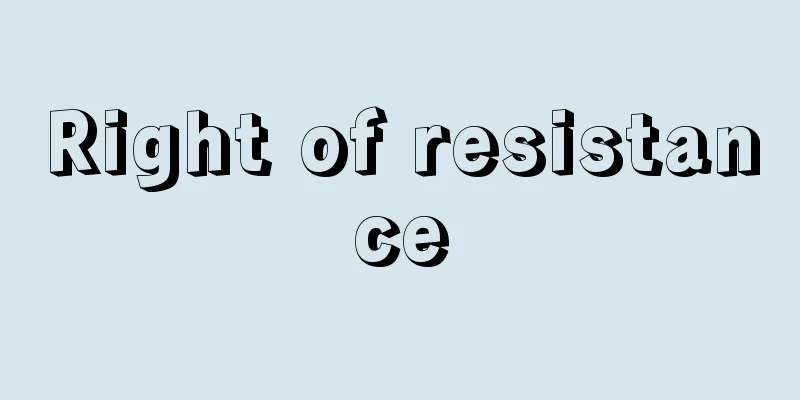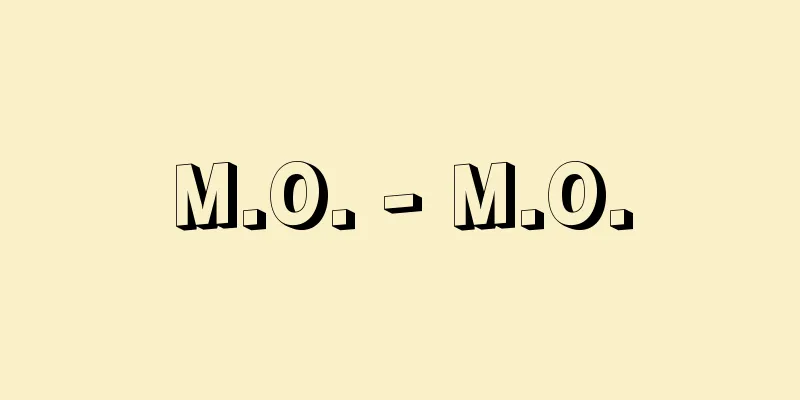Niuriya - Niuriya

|
A shop that sold simple meals, tea, and alcohol. Also called a nimai teahouse. The word nimai, as described in Asai Ryōi's Tokaidō Meishokki (1661), "Depending on the place of residence, depending on the house, there were local specialties, sake, fish, nimai, and shumai," originally referred to a business selling boiled fish or vegetables, as opposed to yakiuri, which sold grilled mochi, dumplings, or fish. After the Meireki fire (1657) in Edo, the number of nimai shops rapidly increased to cater to workers who came from the provinces for the reconstruction work, and there were probably many incidents related to drinking, so in 1661 (Kanbun 1), nimai shops, including those selling food at night, were banned. Source: Heibonsha World Encyclopedia, 2nd Edition Information |
|
手軽な食事と茶や酒を売った店。煮売茶屋ともいう。煮売の語は,浅井了意の《東海道名所記》(1661)に〈在所により家によりて,国の名物,酒,さかな,煮売,焼売〉とあるように,はじめは餅,だんご,あるいは魚などを焼いて売る焼売(やきうり)に対して,魚や野菜の煮物を売る商売をいった。江戸では明暦の大火(1657)以後,復興事業のために地方から流入した労働者相手に煮売屋が急増し,飲酒にともなう事件が多発したのであろう,1661年(寛文1)には振売をも含めて煮売屋の夜間営業が禁止された。
出典 株式会社平凡社世界大百科事典 第2版について 情報 |
>>: Niue Island (English spelling)
Recommend
Liao San Cai (English spelling)
Sancai pottery was fired in the Liao Dynasty of th...
Halstatt
…Winged axes, with wings and a cutting edge separ...
calpulli
…The office of Aztec king or emperor, as the Span...
Ryuho
A haiku poet of the early Edo period. Nonoguchi. ...
Cold Sheep - Kanyo
An animal of the order Artiodactyla, family Bovid...
Gesneriaceae
...It is also used by the general public as a sto...
Platanthera minor (English spelling)
… [Ken Inoue]. … *Some of the terminology that me...
Parkinson's syndrome - parkinsonism
A general term for Parkinson's disease and co...
Virchow
Also known as Virchow. German pathologist and poli...
Kujukushima Islands
A group of small islands scattered along the west ...
Riot Act
…When the government succeeds in suppressing a ri...
Five-stringed biwa
〘Noun〙① An ancient five-stringed biwa. It has five...
The National Consumers' League
…Although consumer cooperatives have continued to...
Oura [Hot Spring] - Oura
...Yuzaki Onsen, located on Mount Kanayama at the...
"Records of the Righteous at Ako"
After their deaths, the Ako Roshi were praised as...









